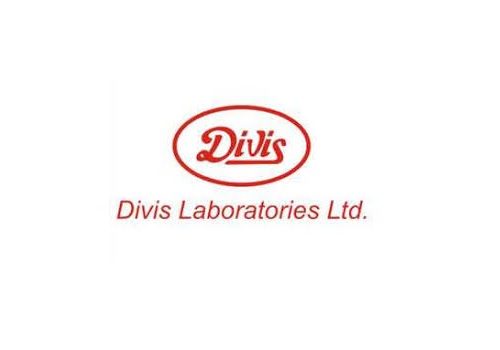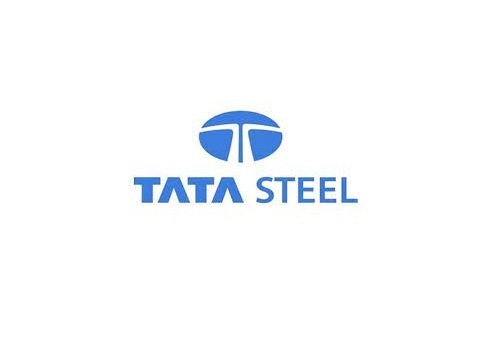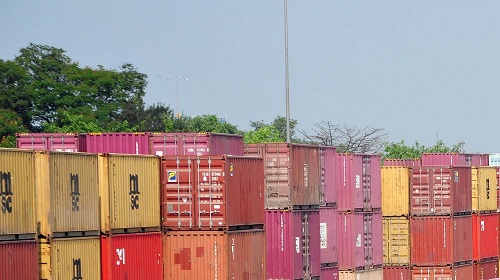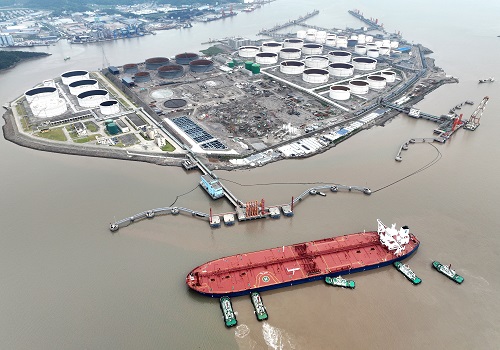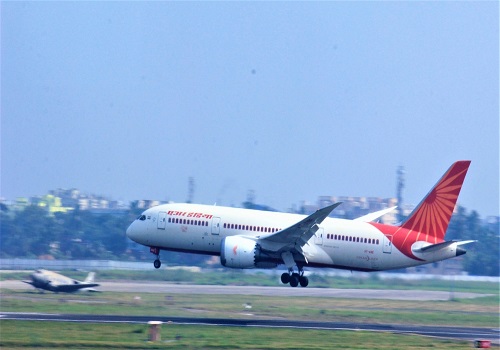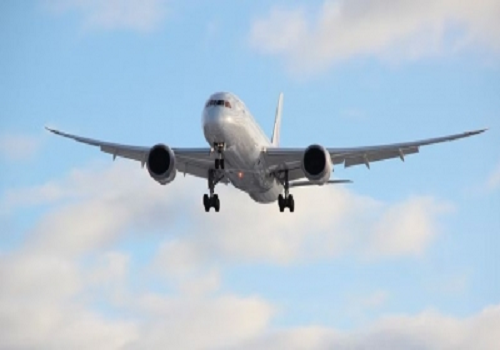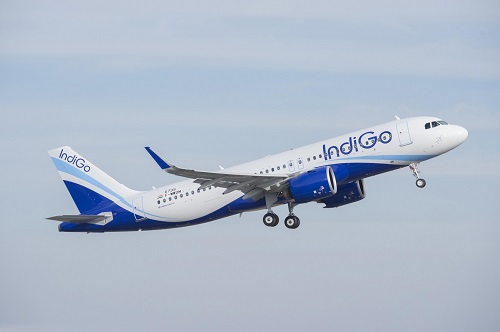Some airlines risk failure if they do not cut emissions faster

Follow us Now on Telegram ! Get daily 10 - 12 important updates on Business, Finance and Investment. Join our Telegram Channel
SYDNEY - Some airlines risk failure if they do not cut carbon emissions quicker in the next three to five years due to a mismatch between short-term corporate travel targets and the airline industry's 2050 net zero target, an industry report said.
Airlines are also at a rising risk of shareholder activism at a time when major fund managers such as BlackRock Inc, Vanguard Group Inc and State Street Corp have publicly expressed concerns about climate change, the report from CAPA Centre for Aviation and Envest Global released on Wednesday said.
"The pressure from customers and governments and investors is going to probably demand an acceleration of the journey to net zero, which is clearly going to put pressure on airlines," said David Wills, advisory executive director at Australian carbon reduction strategy firm Envest.
"The conditions are right for airlines who get it wrong to find themselves in a potential failure situation," he added.
Several companies, such as HSBC Holdings plc, Zurich Insurance Group Ltd, Bain & Company and S&P Global Inc, have already announced plans to quickly cut business travel emissions by as much as 70%.
Qantas Airways Chief Executive Alan Joyce said last week that his airline was developing a 2030 emissions target.
"Our view is that smart airlines will pivot to reinforcing not only 2050 but enhancing their definitive views on 2030, because they will be looking to engage with their corporate customers more," said Brett Mitsch, Envest's executive director of investment.
The CAPA/Envest report found the top quartile of 52 global airlines examined emitted an average of 30% less per passenger kilometre flown in 2019 than those in the bottom quartile.
Low-cost carriers like Wizz Air, Ryanair and AirAsia with newer fleets and higher load factors were among the best performers, while the worst included Turkish Airlines, Japan Airlines Co Ltd (JAL) and British Airways.
The report said JAL was able to break even with a carbon price of more than $160 per tonne based on 2019 earnings, whereas many airlines with lower profit margins would have reported a loss at a carbon price of $30 per tonne.
(Reporting by Jamie Freed; Editing by Karishma Singh)





